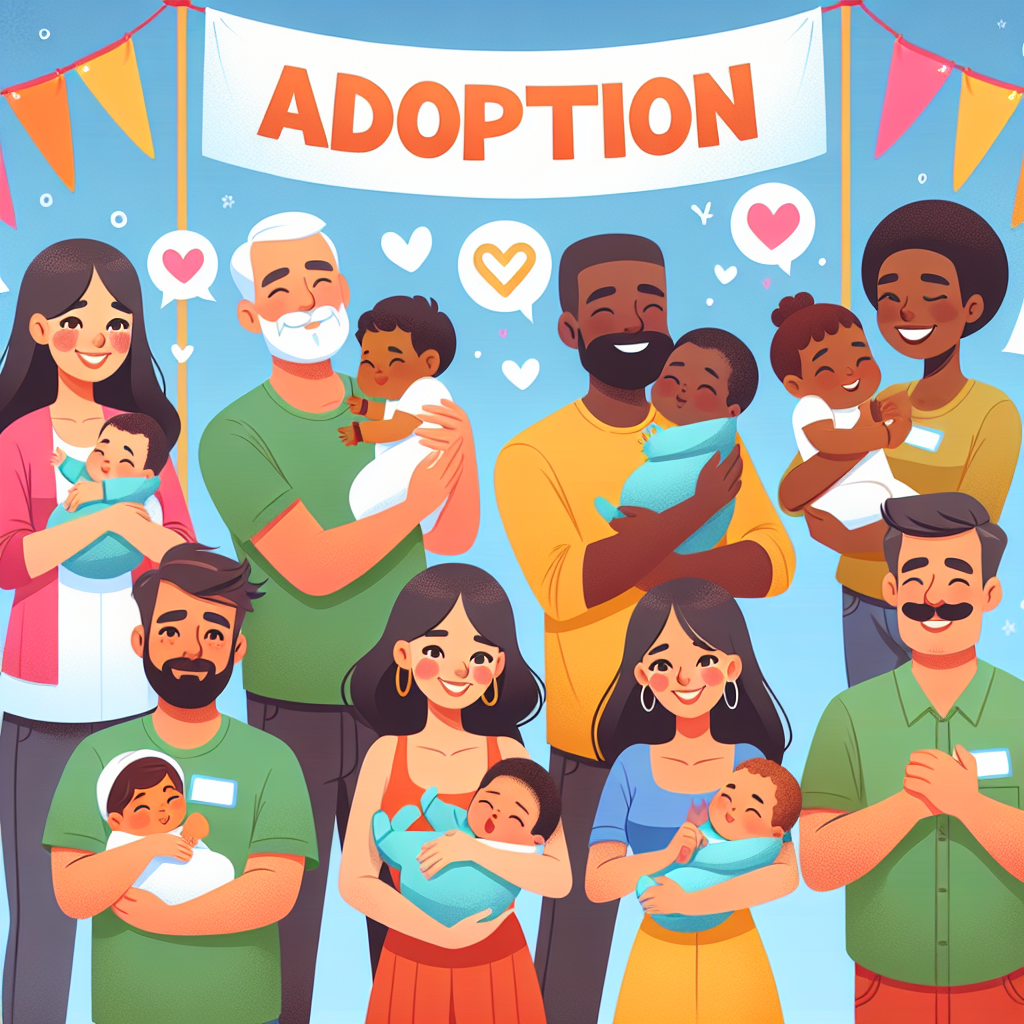Challenges and Progress in Adoption of Children with Special Needs in India
Since 2019, India has seen 18,179 recorded adoptions, of which only 1,404 involved children with special needs. Despite a marked increase over the past five years, activists highlight that the adoption rate remains significantly low for these children. Continued challenges include broad categorization and parental reluctance.

- Country:
- India
Of the 18,179 adoptions recorded since 2019, only 1,404 involved children with special needs, even as overall adoption numbers increased, according to official data.
Despite a rise in the number of special needs children available for adoption, the adoption rate remains significantly low, activists noted.
Children with special needs require more support due to physical, developmental, behavioral, or emotional challenges.
In 2019-20, there were 3,745 total adoptions in India: 3,351 in-country and 394 international. Only 56 boys and 110 girls with special needs were adopted, as per CARA's response to an RTI query by PTI.
In 2020-21, records show 3,559 adoptions including 3,142 in-country and 417 international. Just 110 boys and 133 girls with special needs were adopted that year.
The number of adoptions declined slightly in 2021-22 to 3,405. This included 2,991 in-country and 414 international adoptions, with 136 boys and 206 girls with special needs.
In 2022-23, there were 3,441 adoptions, 3,010 in-country and 431 international, with 156 boys and 188 girls with special needs.
The number rose significantly in 2023-24 to 4,029, including 3,580 in-country and 449 international adoptions. Among these, 135 boys and 174 girls with special needs were adopted.
Adoptions of children with special needs have increased over the last five years. Despite a slight dip in 2023-24, the trend indicates growing acceptance among prospective adoptive parents.
Challenges persist, notably that a large proportion of children available for adoption fall into this category.
As of July 5, 2024, 420 children with special needs were waiting for adoption in Indian childcare institutions, CARA reported.
Referencing CARA's Child Adoption Resource Information and Guidance System, Avinash Kumar, founder of NGO Families of Joy, said that as of July 2024, 76% of the 1,709 children legally available for adoption had special needs.
These numbers are stark, especially when considering the dwindling number of healthy children available for adoption.
Only 25 healthy children under age two are available for adoption nationwide, making up just 1% of the total. In 19 states, there are no healthy children below age 10, highlighting broader issues in India's adoption system, Kumar said.
The classification of children with special needs is contentious.
Former CARA CEO Deepak Kumar noted that even children with minor, correctable issues are labeled as special needs for adoption purposes. This broad classification includes conditions like developmental delays or minor physical issues such as a cleft palate.
Parents are often wary of adopting a child with even minor issues, resulting in a preference for perfectly healthy children, said Kumar.
This reluctance often leads to these children being placed in inter-country adoptions, where more comprehensive support systems exist.
In other countries, adoptive parents receive extensive support, including medical allowances and planned surgeries for children with special needs, making it easier for these children to find homes abroad, the former CARA CEO explained.
CARA's approach to categorizing children with special needs has faced criticism.
Avinash Kumar described CARA's categorization as regressive. He argued that the term 'special needs' carries a negative connotation and hampers the adoption process.
Kumar, who led a task force to redefine the categorization, suggested that all children, regardless of minor impairments, should simply be called 'children.' He emphasized the need for more empathy and support for any child who has experienced trauma.
Despite significant challenges, Deepak Kumar acknowledged signs of a gradual change in attitudes towards adopting children with special needs in India due to better information dissemination and shifting social attitudes.
During his tenure as CARA CEO, he observed an increasing preference for girls among adoptive parents, a trend that continues today.
He's noted that the number of adoptive parents opting for girls now exceeds those preferring boys.
(With inputs from agencies.)
ALSO READ
Andhra Pradesh Ensures Polio-Free Future: Massive Vaccination Drive Reaches Over 54 Lakh Children
UPDATE 1-UK children's author David Walliams dropped by publisher after harassment allegations
NHRC takes cognisance of case of 6 children testing HIV positive after blood transfusion in MP hospital, issues notice to states, UTs.
Global Celebration Shines at 21st Ryan International Children's Festival
NHRC takes cognisance of death of 6 children who tested HIV positive after blood transfusion in MP hospital, issues notice to states, UTs.










